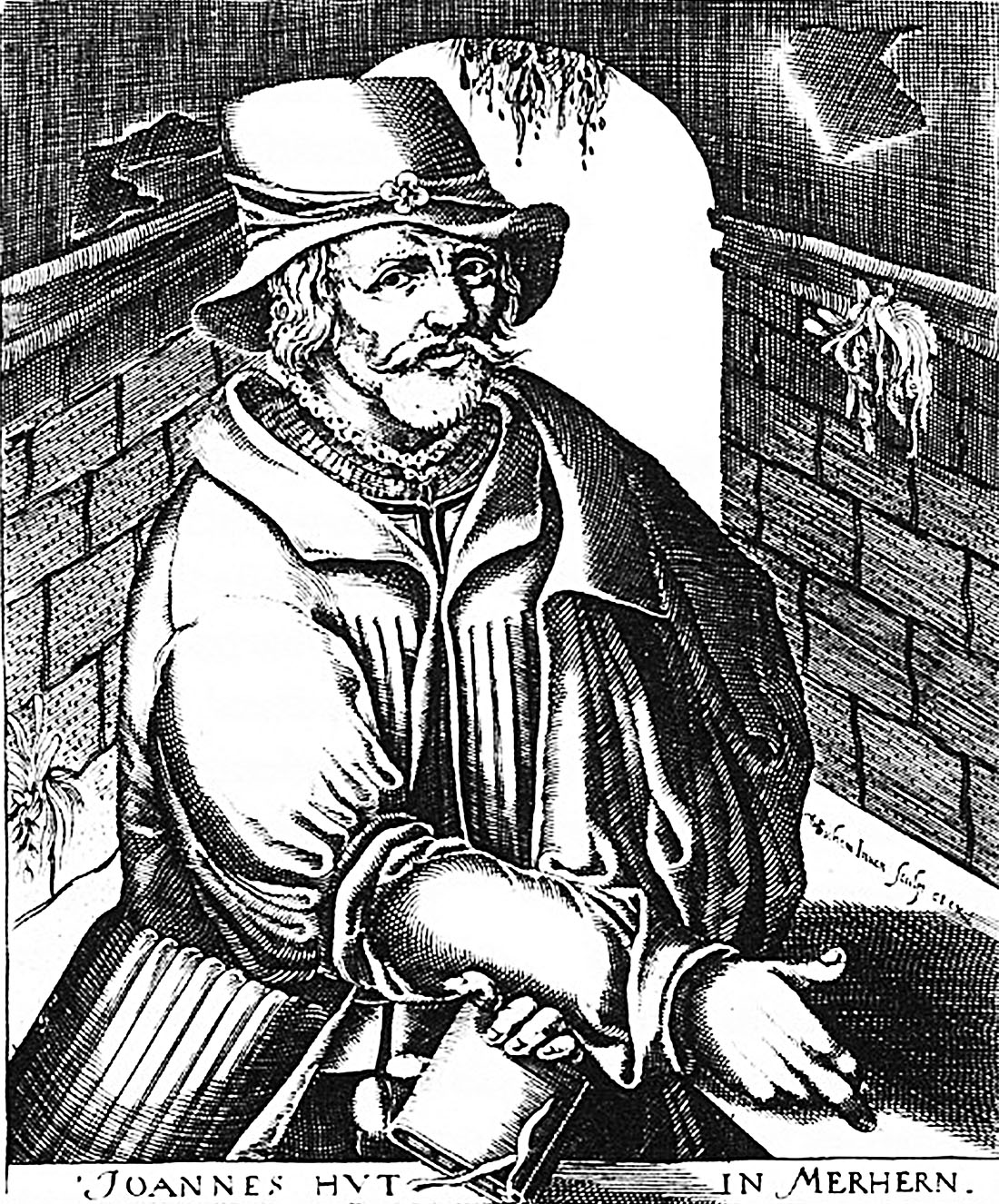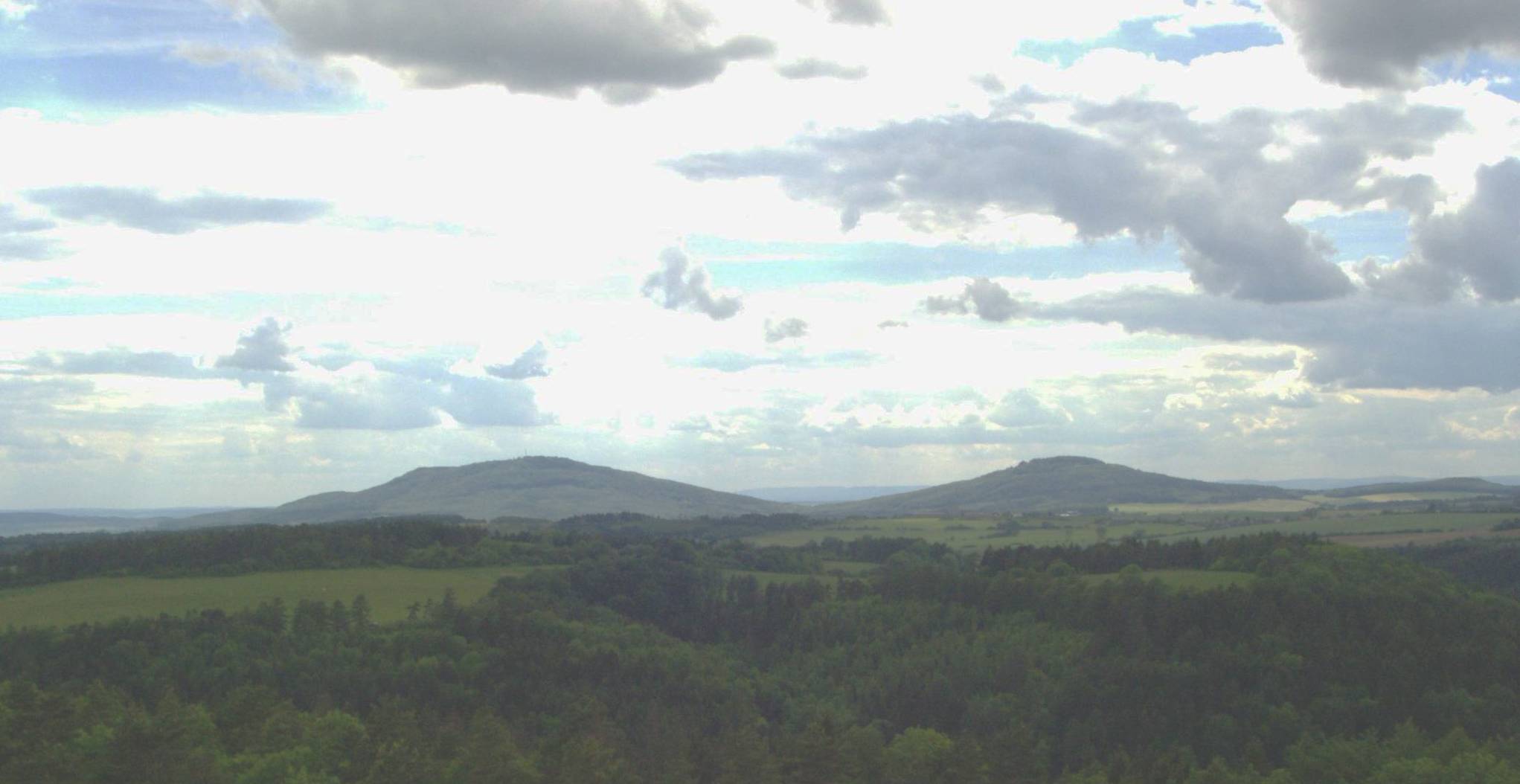|
Alfred Götze (prehistorian)
Alfred Götze (or Goetze) (1 Jun 1865, Weimar Weimar is a city in the state (Germany), German state of Thuringia, in Central Germany (cultural area), Central Germany between Erfurt to the west and Jena to the east, southwest of Leipzig, north of Nuremberg and west of Dresden. Together w ...–20 Nov 1948, Römhild) was a German prehistorian. Götze may have received the first doctorate in the field of prehistory and early history, and later became one of the first scientists active in the field. He worked for a long time in the Archaeological Preservation (''Bodensekmalpflege'') in Berlin and Brandenburg and was founder and long-time director of the Steinsburg Museum in Römhild. References * ''Studien zur vorgeschichtlichen Archäologie. Alfred Götze zu seinem 60. Geburtstage dargebracht von Kollegen, Freunden und Schülern.'' Hrsg. von Hugo Mötefindt … Kabitzsch, Leipzig 1925 (mit Biographie und Porträt). * Bernd Bahn: ''Ein halbes Jahrhundert für die Steinsburg. Zu ... [...More Info...] [...Related Items...] OR: [Wikipedia] [Google] [Baidu] |
Weimar
Weimar is a city in the state (Germany), German state of Thuringia, in Central Germany (cultural area), Central Germany between Erfurt to the west and Jena to the east, southwest of Leipzig, north of Nuremberg and west of Dresden. Together with the neighbouring cities of Erfurt and Jena, it forms the central metropolitan area of Thuringia, with approximately 500,000 inhabitants. The city itself has a population of 65,000. Weimar is well known because of its cultural heritage and importance in German history. The city was a focal point of the German Enlightenment and home of the leading literary figures of Weimar Classicism, Johann Wolfgang von Goethe and Friedrich Schiller. In the 19th century, composers such as Franz Liszt made Weimar a music centre. Later, artists and architects including Henry van de Velde, Wassily Kandinsky, Paul Klee, Lyonel Feininger, and Walter Gropius came to the city and founded the Bauhaus movement, the most important German design school of the int ... [...More Info...] [...Related Items...] OR: [Wikipedia] [Google] [Baidu] |
Römhild
Römhild () is a town in the Hildburghausen (district), district of Hildburghausen, in Thuringia, Germany. It is situated 14 km west of Hildburghausen, and 21 km southeast of Meiningen. On 31 December 2012, it merged with the former municipalities Gleichamberg, Haina, Hildburghausen, Haina, Mendhausen, Milz (Römhild), Milz and Westenfeld. In the Stadtkirche of Römhild is the tomb of Elisabeth (a daughter of Albrecht III Achilles, Elector of Brandenburg) and Hermann VIII of Henneberg. The grave has sometimes been attributed to Vischer Family of Nuremberg, Herman Vischer the Younger (c.1486–1517), a member of the Vischer Family of Nuremberg. Notable people * Hans Hut (1490–1527), Anabaptist * Lucas Maius (1522–1598), Protestant theologian and dramatist * Max Saalmüller (1832–1890), Prussian Lieutenant-Colonel and Lepidopterologist * Alfred Götze (prehistorian), Alfred Götze (1865–1948), Prehistorian, honorary citizen 1929 References External links A ... [...More Info...] [...Related Items...] OR: [Wikipedia] [Google] [Baidu] |
Prehistorian
Prehistory, also called pre-literary history, is the period of human history between the first known use of stone tools by hominins million years ago and the beginning of recorded history with the invention of writing systems. The use of symbols, marks, and images appears very early among humans, but the earliest known writing systems appeared years ago. It took thousands of years for writing systems to be widely adopted, with writing having spread to almost all cultures by the 19th century. The end of prehistory therefore came at different times in different places, and the term is less often used in discussing societies where prehistory ended relatively recently. It is based on an old conception of history that without written records there could be no history. The most common conception today is that history is based on evidence, however the concept of prehistory hasn't been completely discarded. In the early Bronze Age, Sumer in Mesopotamia, the Indus Valley Civilis ... [...More Info...] [...Related Items...] OR: [Wikipedia] [Google] [Baidu] |
Doctorate
A doctorate (from Latin ''doctor'', meaning "teacher") or doctoral degree is a postgraduate academic degree awarded by universities and some other educational institutions, derived from the ancient formalism '' licentia docendi'' ("licence to teach"). In most countries, a research degree qualifies the holder to teach at university level in the degree's field or work in a specific profession. There are a number of doctoral degrees; the most common is the Doctor of Philosophy (PhD), awarded in many different fields, ranging from the humanities to scientific disciplines. Many universities also award honorary doctorates to individuals deemed worthy of special recognition, either for scholarly work or other contributions to the university or society. History Middle Ages The term ''doctor'' derives from Latin, meaning "teacher" or "instructor". The doctorate (Latin: ''doctoratus'') appeared in medieval Europe as a license to teach Latin (''licentia docendi'') at a university. Its ... [...More Info...] [...Related Items...] OR: [Wikipedia] [Google] [Baidu] |
Steinsburg Museum
Steinsburg is the colloquial name for the remains of a Celtic ''oppidum'' on the Kleiner Gleichberg in the German state of South Thuringia. It is located within the county of Hildburghausen by Waldhaus near the small town of Römhild. The Kleiner Gleichberg (641 m) and the neighbouring Großer Gleichberg (679 m) form a pair of "geological twins". Both mountains are basalt cones which are volcanic in origin. The name Steinsburg (867: Steinberg) ("stone castle") probably derives from the large stone fields that surround the mountain summit plateau. Johann Wolfgang von Goethe recognised the volcanic origin of these stone fields: the basalt of the former volcanic pipe crumbled as a result of erosion (geology), erosion to form the blockfields visible today that are a typical indicator of collapsed volcano structures. These basalt blocks were used in Celtic times for the construction of dry stone walls that probably protected the ''oppidum''. A total of three rings of walls wer ... [...More Info...] [...Related Items...] OR: [Wikipedia] [Google] [Baidu] |
Hugo Mötefindt
Hugo or HUGO may refer to: Arts and entertainment * ''Hugo'' (film), a 2011 film directed by Martin Scorsese * Hugo Award, a science fiction and fantasy award named after Hugo Gernsback * Hugo (franchise), a children's media franchise based on a troll ** ''Hugo'' (game show), a television show that first ran from 1990 to 1995 ** ''Hugo'' (video game), several video games released between 1991 and 2000 * Hugo (album), a 2022 album by Loyle Carner People and fictional characters * Victor Hugo, a French poet, novelist, and dramatist of the Romantic movement. * Hugo (name), including lists of people with Hugo as a given name or surname, as well as fictional characters * Hugo Cabral (born 1988), Brazilian footballer * Hugo Chávez, president of Venezuela 1999-2013 * Hugo Gernsback, Luxembourgish American publisher (born 1884) * Hugo (musician), Thai American actor and singer-songwriter Chula Chak Charbonnages (born 1981) * Hugo (footballer, born 1964), Brazilian footballer * Hugo ... [...More Info...] [...Related Items...] OR: [Wikipedia] [Google] [Baidu] |
Sigrid Dušek
Sigrid is a Scandinavian given name for women from Old Norse ''Sigríðr'', composed of the elements ''sigr'' "victory" and ''fríðr'' "beautiful". Common short forms include Siri, Sigga, Sig, and Sigi. An Estonian and Finnish variant is Siiri. The Latvian version of the name is Zigrīda. People * Sigrid (singer), Norwegian singer * Princess Sigrid of Sweden, Swedish princess * Sigrid Alegría, Chilean actress * Sigrid Alexandersen (born 1995), Norwegian orienteer * Sigrid Agren, French fashion model * Sigrid Banér, Swedish letter writer * Sigrid Andrea Bernardo, Filipino screenwriter and director * Sigrid Björkegren (1845 – 1936), Swedish entrepreneur * Sigrid Borge (born 1995), Norwegian javelin thrower * Sigrid Brahe, Swedish countess * Sigrid Brattabø Handegard (born 1963), Norwegian politician * Sigrid D. Peyerimhoff, a German chemist * Sigrid Elmblad (1860 – 1926), a Swedish journalist and poet * Sigrid Eskilsdotter (Banér), a Swedish noble * Sigrid Fick ... [...More Info...] [...Related Items...] OR: [Wikipedia] [Google] [Baidu] |
Peter Donat (Archäologe)
Peter Donat (born Pierre Collingwood Donat; January 20, 1928 – September 10, 2018) was a Canadian-American actor. Early life Pierre Collingwood Donat was born in Kentville, Nova Scotia, Canada, the son of Marie (née Bardet) and Philip Ernst Donat, a landscape gardener. Richard Donat, who starred on the television show '' Haven'', is Peter's younger brother. His uncle was Oscar winning British actor Robert Donat. Peter Donat emigrated to the United States in 1950, studied drama at Yale University, and first came to attention as a stage actor in the lead of a production of ''Cyrano de Bergerac''. In 1961, he played a leading role in Donald Jack's stage play '' The Canvas Barricade'', the first Canadian play performed at the Stratford Festival. Career In 1965, he was featured in the cast as Vince Conway on '' Moment of Truth''. That series was the only Canadian serial ever broadcast on a commercial television network in the United States. His credits include: '' Mission: Impo ... [...More Info...] [...Related Items...] OR: [Wikipedia] [Google] [Baidu] |
Gotthard Neumann
Gotthard Arno Ernst Neumann ( 8 June 1902 – 29 April 1972) was a German prehistorian. Born in Schwabsdorf, Grand Duchy of Saxe-Weimar-Eisenach, he served as a professor of prehistory and early history at the Friedrich Schiller University of Jena from 1934 to 1941 and from 1953 to 1967. Neumann played a major role in the development of prehistory and early history research, as well as preservation, in Thuringia. He died in Jena. Education, studies, and first professional experience Gotthard Arno Ernst Neumann was born on 8 June 1902 in Schwabsdorf, now part of the Weimarer Land district in Thuringia. After attending school in Apolda and Jena, he studied at the University of Jena (four semesters) under Gustav Eichhorn and Wilhelm Dörpfeld, at the University of Munich (one semester), and at the University of Marburg (six semesters) from 1921, specializing in prehistory, history, and German studies (particularly Germanic religious history). During his studies, he joined the S� ... [...More Info...] [...Related Items...] OR: [Wikipedia] [Google] [Baidu] |
1865 Births
Events January * January 4 – The New York Stock Exchange opens its first permanent headquarters at 10-12 Broad near Wall Street, in New York City. * January 13 – American Civil War: Second Battle of Fort Fisher – Union forces launch a major amphibious assault against the last seaport held by the Confederates, Fort Fisher, North Carolina. * January 15 – American Civil War: Union forces capture Fort Fisher. * January 31 ** The Thirteenth Amendment to the United States Constitution (conditional prohibition of slavery and involuntary servitude) passes narrowly, in the House of Representatives. ** American Civil War: Confederate General Robert E. Lee becomes general-in-chief. February * February 3 – American Civil War: Hampton Roads Conference: Union and Confederate leaders discuss peace terms. * February 6 – The municipal administration of Finland is established. * February 8 & March 8 – Gregor Mendel reads his paper on '' E ... [...More Info...] [...Related Items...] OR: [Wikipedia] [Google] [Baidu] |
1948 Deaths
Events January * January 1 ** The General Agreement on Tariffs and Trade (GATT) is inaugurated. ** The current Constitutions of Italy and of New Jersey (both later subject to amendment) go into effect. ** The railways of Britain are nationalized, to form British Railways. * January 4 – Burma gains its independence from the United Kingdom, becoming an independent republic, named the ' Union of Burma', with Sao Shwe Thaik as its first President and U Nu its first Prime Minister. * January 5 – In the United States: ** Warner Brothers shows the first color newsreel ('' Tournament of Roses Parade'' and the '' Rose Bowl Game''). ** The first Kinsey Report, ''Sexual Behavior in the Human Male'', is published. * January 7 – Mantell UFO incident: Kentucky Air National Guard pilot Thomas Mantell crashes while in pursuit of an unidentified flying object. * January 12 – Mahatma Gandhi begins his fast-unto-death in Delhi, to stop communal violenc ... [...More Info...] [...Related Items...] OR: [Wikipedia] [Google] [Baidu] |






